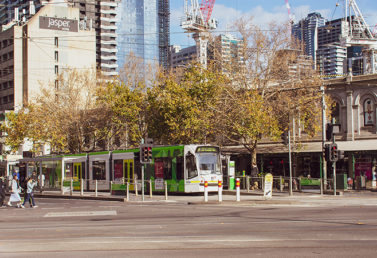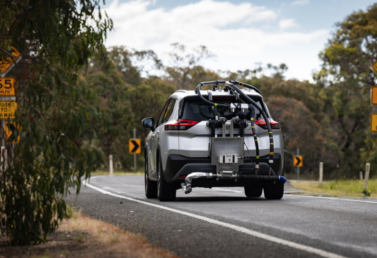A CO2 standard for light vehicles would be the most cost-effective way of reducing carbon dioxide emissions from vehicles in Australia. Such cap-and-trade schemes are common in major global car markets and incentivise the sale of technologies that improve fuel efficiency.
Australia’s peak motoring body today said a new Grattan Institute report examining emissions reduction options for Australia’s vehicle fleet offers some helpful suggestions but also highlights the significant challenges to be overcome.
The Australian Automobile Association (AAA) agrees that a CO2 standard for light vehicles would be the most cost-effective way of reducing carbon dioxide emissions from vehicles in Australia. Such cap-and-trade schemes are common in major global car markets and incentivise the sale of technologies that improve fuel efficiency.
The AAA also strongly endorses the Grattan Institute report’s call to start measuring the emissions produced by Australian cars on the road, rather than in laboratory tests used for certification purposes.
AAA Managing Director Michael Bradley said: “The Volkswagen scandal taught consumers that not all new vehicle technologies are built to reduce emissions in the real world. Unfortunately, some are used to beat regulatory tests and to cheat consumers out of promised benefits.
“Australian consumers will want any additional regulation and costs to translate into real fuel savings and actual emissions reductions, meaning people need to be told how much fuel a car uses on an Australian road, not just what it achieved in a foreign laboratory.”
Mr Bradley said the AAA has for many years pushed for Australia to implement a real-world emissions test program and establish a market-based emission reduction mechanism like a CO2 standard.
“The AAA also supports a CO2 standard be developed in concert with the introduction of more stringent noxious emissions standards and to align with improved fuel quality standards,” he said.
“The ability to deploy technologies used to reduce CO2 emissions and air pollutants is directly linked to fuel quality, and these reforms must be considered holistically to ensure real benefits are achieved and unnecessary costs to consumers are avoided.
“For many years, Australia’s relatively inferior petrol quality has inhibited the adoption of the latest engine technologies.
“The AAA has welcomed the work of the Commonwealth to address some of these problems.”
Media contact: Shaun Rigby
[email protected]
0438 021 936

The latest AAA Transport Affordability Index reveals transport cost rises exceeded the consumer price index not only in the September 2023 quarter but also over the 12 months to the end of September.
read more
Initial results of Australia’s first program to test vehicle real-world performance show the cars tested use up to 13% more fuel on the road than they did in lab tests reported by manufacturers.
read more
The quarterly update of the AAA’s EV Index shows the Australian new vehicle market continuing to change.
read more